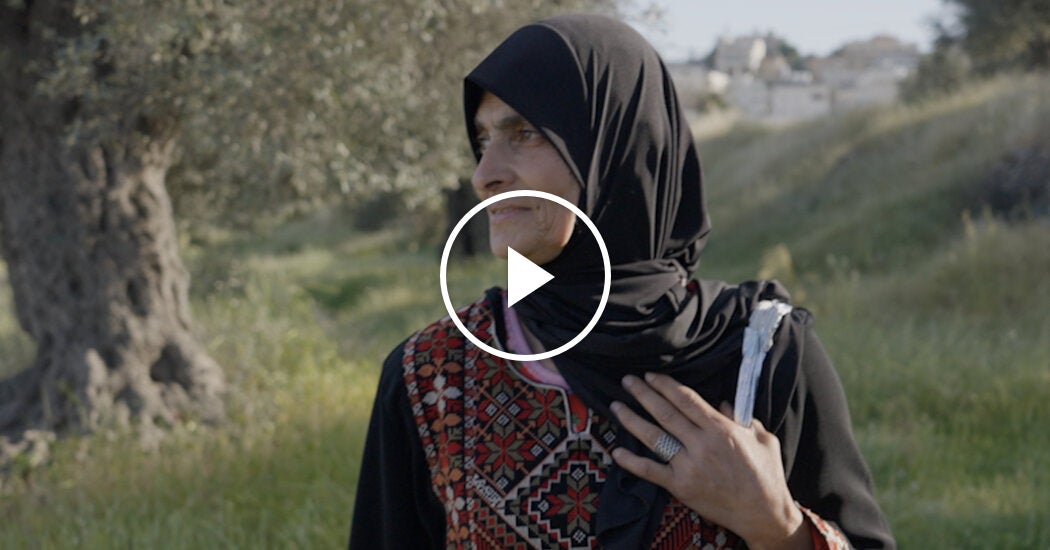
In the occupied West Bank, Palestinians live in the shadow of the ongoing war in Gaza. For them, this has meant increased raids and arrests, tightened security restrictions, settler violence, and economic turmoil. We spent time with two Palestinians whose lives and livelihoods have been reshaped by war and who fear that some of these changes may be long-lasting. 29-year-old taxi driver and tour guide Laith Al-Muti now waits all day here at one of the Israeli-controlled checkpoints in Bethlehem. But these days, almost no visitors come. Thirteen miles away, in the Tel Rumeida area of Hebron, Wijdan Ziadeh's life is also at a standstill. Home to an Israeli settlement, Palestinians in the area say their movements, restricted before the war, have become even more restricted since October 7. Security control in Hebron is divided into two zones. H1 is run by the Palestinian Authority and H2, where Ziadeh lives, is run by the Israeli army. The Israeli military told the Times that security measures have been increased in the West Bank as part of a response to terrorist operatives, including Hamas, and that their forces are in Tel Rumeida to ensure the safety of all residents. But Ziadeh lives in fear of scenes of settler aggression like this one, filmed by a nearby Palestinian resident. Ziadeh says that after the war, her settler neighbors became even more aggressive towards her and her two children. Across the West Bank, incidents of settler violence against Palestinians have increased in the aftermath of October 7, according to the United Nations, which has recorded nearly 950 attacks as of June 2024. Palestinians in the area say the Israeli army is there to protect the Palestinians. settlers and that settler violence against Palestinians goes largely unpunished, a decades-long pattern detailed in a recent Times investigation. Back in Bethlehem, Laith also fears for the future. Sites he frequented with tourists, such as the Church of the Nativity, are now empty. Al-Muti and Ziadeh say they don't know what lies ahead for them or others in the West Bank.
